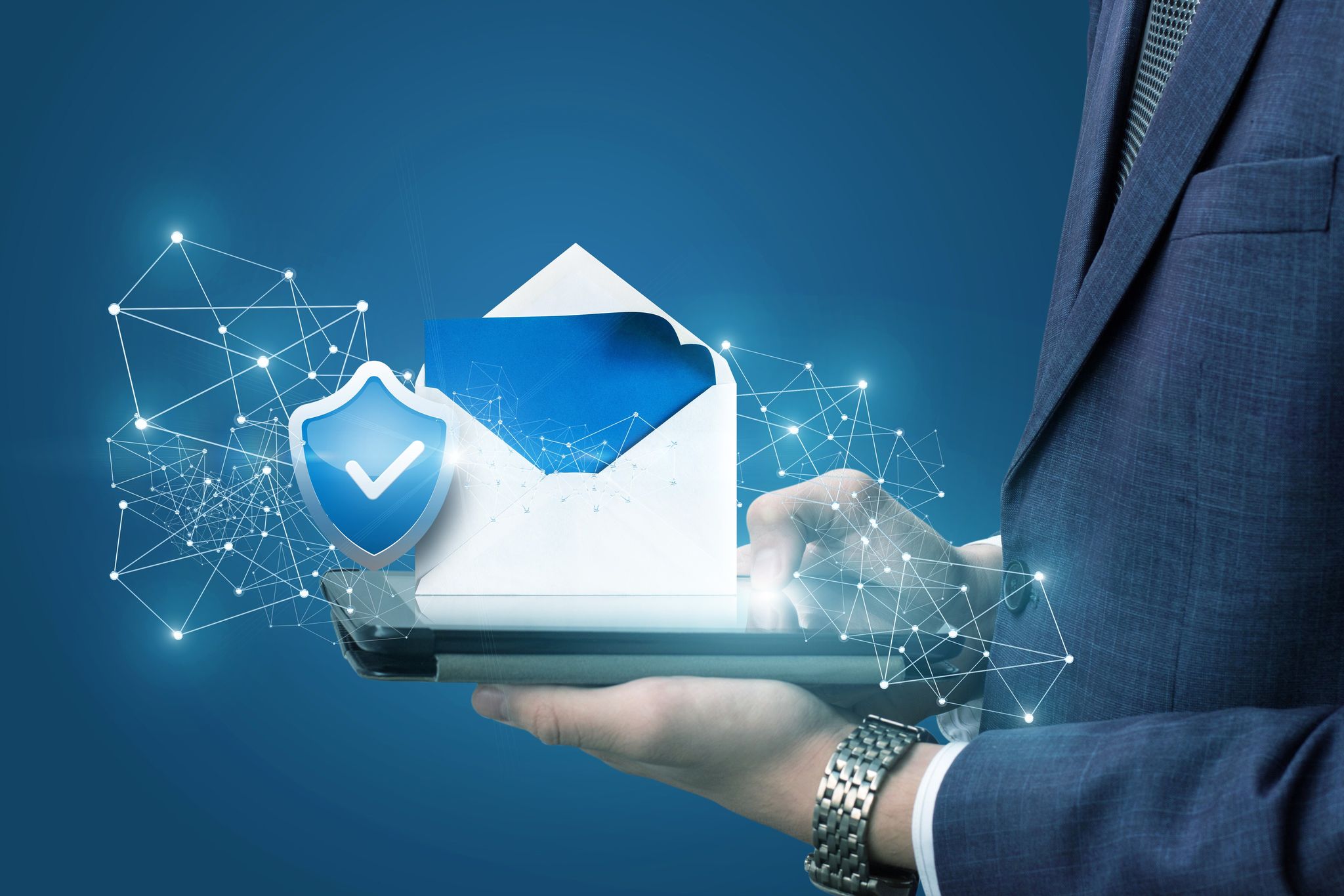Unveiling the benefits of DKIM, DMARC & SPF to protect YOU!
As digital threats continue to evolve, safeguarding your email infrastructure has become a top priority. The implementation of DKIM, DMARC, and SPF protocols provides multiple benefits, including increased email authenticity, protection against phishing attacks, preservation of brand reputation, and enhanced email deliverability. By adopting these robust security practices, you can ensure the integrity of your email communication, foster customer trust, and fortify your organization against cyber threats. Embrace these technologies and empower your email system with the much-needed protection it deserves.
Enhance Email Deliverability
Ensure Email Authenticity and Integrity
Implementing DKIM, DMARC, and SPF protocols not only bolsters security but also improves email
deliverability rates. Since email recipients increasingly trust messages authenticated by DKIM and
aligned with DMARC and SPF policies, your emails are more likely to land in the recipient’s inbox rather
than being flagged as suspicious or sent to the spam folder. By maintaining a positive reputation
through consistent authentication and alignment, your organization’s emails are recognized as
legitimate, reaching your intended audience effectively.
DKIM, DMARC, and SPF collectively establish a robust system for verifying the authenticity and integrity
of emails. DKIM employs cryptographic signatures, which are added to outgoing messages, to validate
the sender’s domain. Upon receipt, the recipient’s server verifies the signature with the sender’s public
key, thus ensuring that the email has not been tampered with or forged during transmission. As a result,
DKIM safeguards against malicious manipulation and impersonation.
Safeguard Brand Reputation & Customer Trust
Shields Against Phishing Attacks:
Domain spoofing, where attackers impersonate reputable organizations, can cause significant damage
to a brand’s reputation and erode customer trust. Implementing DKIM, DMARC, and SPF protocols
acts as a robust defense mechanism against these spoofing attacks. DKIM’s cryptographic signatures
authenticate the sender’s domain, making it incredibly challenging for attackers to impersonate your
brand convincingly. DMARC provides domain owners with detailed visibility into who is sending emails
claiming to be from their domain, facilitating swift action against impersonators. SPF further mitigates
domain spoofing by verifying that emails originate from authorized servers.
Phishing attacks have become increasingly sophisticated, often tricking recipients into sharing
sensitive data or clicking on malicious links. By implementing DMARC and SPF, you fortify your email
infrastructure against these fraudulent practices. DMARC allows domain owners to specify strict
policies for emails that fail authentication. It enables organizations to instruct receiving mail servers
on how to handle such messages, including quarantining, rejecting, or delivering them to the recipient’s
spam folder. Additionally, SPF ensures that only authorized email servers can send messages on behalf
of your domain, minimizing the risk of phishing attempts by unauthorized individuals.

